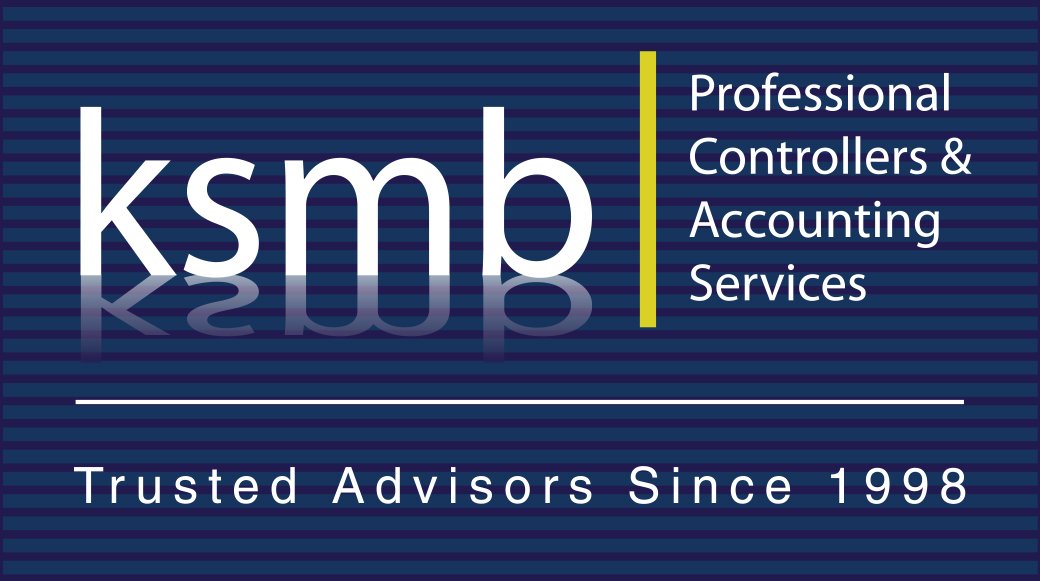By Caroline Wetzel
If you’re a small-business owner, you know that the daily decisions you make impact your bottom line. Are you exercising the same care for your finances that you apply to the services you offer your clients?
The following is a checklist you can use to evaluate your financial health as a small-business owner.
Are You Focusing On The Big Picture?
There are many pieces to a small-business owner’s total financial picture. Your financial plan, budget and investments are three critical components to keep in mind no matter how busy daily operations become.
Financial Planning
Taxes can be one of the most significant expenses for business owners. In order to identify and follow the most appropriate tax-planning strategies, small-business owners need to be clear about both their business goals and personal financial goals.
Do you:
Maintain a prioritized list of business and personal financial goals and refer to it when you need to make new decisions?
Have a small-business structure that offers you the most appropriate legal protections and benefits?
Reduce or defer taxes and maximize available deductions and credits? This may include timing income and expenses, using charitable gifting and saving for retirement using accounts such as an individual or solo 401(k), SEP IRA or defined benefit plan.
Budget Management
Eighty-two percent of all small businesses that fail cite cash flow problems as the primary reason. One way to identify such challenges before they become lethal is to manage your budget according to your business plan.
Do you:
Know how much revenue you must generate to break even and cover expenses before profits?
Monitor your income, expenses, inventory, credit and cash regularly, adjusting and rebalancing where required so you cover your fixed expenses and maintain funds in your cash reserve?
Use your budget, break-even point and cash flows over time to evaluate your business financing options and identify the ones that make most sense for you, when financing is required?
Investments
Many small-business owners mistakenly invest all of their time and money into their business.
Do you:
Maintain a cash cushion for both your personal finances and business needs, so that if you run into a cash flow crisis you have something to access?
Save regularly and invest any cash inflows that exceed your current expenses and immediate lifestyle needs into an account outside of your business?
Diversify your non-business investments across companies outside of your industry, in different geographies offering services that vary from yours?
Beyond those three critical components of financial health, here are a couple of other factors that small-business owners need to have a firm grasp on.
Are You Protecting What You Have?
Many small-business owners wisely purchase insurance to protect their assets from risks unique to them.
Do you:
Understand the types of risks that you face in your small business?
Own insurance and regularly review it to minimize the impact of your business risks, if they should happen? Examples of insurance that is helpful to small-business owners include:
Liability insurance
Property insurance
Business interruption insurance – for lost income and overhead expenses during a disaster
Life and disability insurance – for employees as a fringe benefit and/or for business purposes like funding a succession plan, in case there is a loss of a key person, or collateral for a loan
Workers’ compensation insurance – for businesses with three or more employees
Health insurance
Are You Keeping The End In Sight?
Even if you can’t imagine life without running your business, it is essential to think about what would happen if you could not manage it due to disability, retirement or death.
Do you:
Have a business succession plan that considers: (1) an individual who has the skills, authority and interest in running the business and (2) how the transfer might take place? If you plan to sell, do you know how your successor will obtain the funds to assume ownership?
Maintain a retirement plan? Depending on the plan you own, you may be able to reduce your tax obligations today and benefit from tax-deferred growth on the money you save in your plan. A variety of retirement plans are available, from SIMPLE and SEP IRAs to individual 401(k)s and profit sharing plans.
Article originally written and publishing on Kiplinger.




